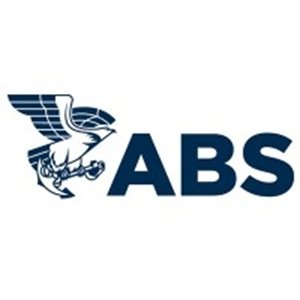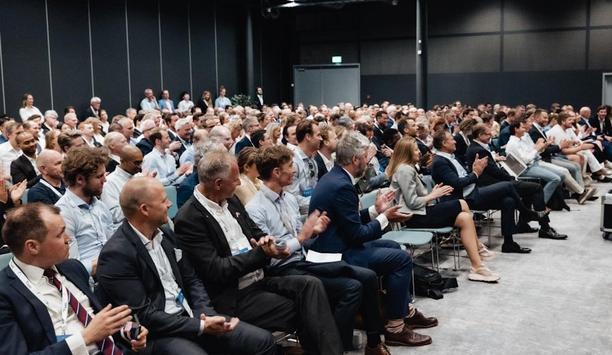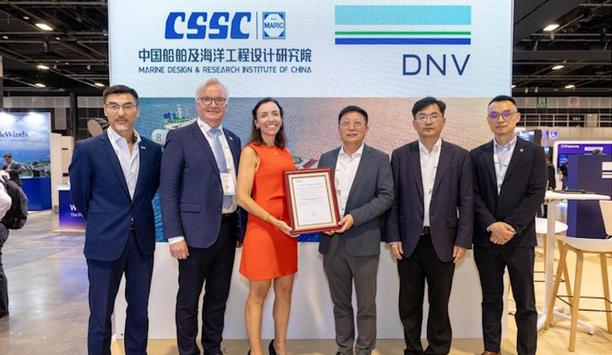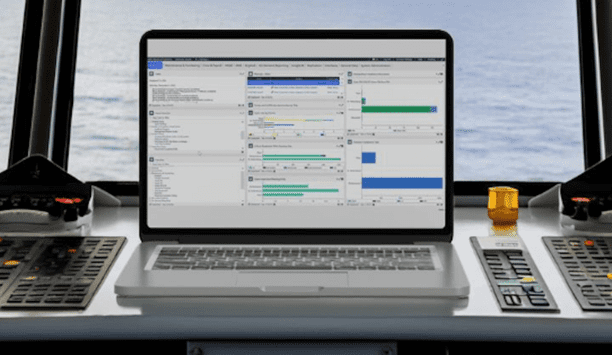“Many of our sustainable transportation programs and initiatives tend to become mode-centric, but it is critically important to optimise the overall sustainable freight transportation across modes from origin to destination, which requires a system of systems focus.”
That was the message to U.S. transportation industry and Government pioneers from ABS Chairman and CEO Christopher J. Wiernicki at the Sustainable Freight Workshop at the White House.
Marine transportation mode
Advantages of freight shipping and how it worked best by linking with other transportation sectors
Wiernicki emphasised the advantages of freight shipping and how it worked best by linking with other transportation sectors. “Marine transportation has significantly lower emissions per ton-mile than other transportation modes, is the most cost-effective mode for freight, can move freight at a scale that other transportation modes cannot match, provides import and export options that other modes cannot reach, and often has less vulnerability to infrastructure damaging events such as natural disasters."
"However, marine transportation can be slower and has fewer delivery location options, which requires close partnership with other modes for safe, efficient, cost-effective, and sustainable transportation of freight,” he said.
Overall intermodal transportation system
Wiernicki added: “ABS’ approach is to work on the broader picture of cargo freight sustainability. The bottom-line carbon content of freight moving through the marine transportation and through the overall intermodal transportation system from origin to destination is a key measure of sustainability performance.”
The U.S. Maritime Administration’s Office of Environment and Innovation has selected ABS to establish and operate the U.S. Centre for Maritime Innovation under a five-year cooperative agreement. Authorised by the U.S. Congress, the Centre is intended to support the adoption of clean energy on U.S. vessels through a wide-ranging program of research and development and training support.
Development of the U.S. transportation systems
The workshop showed how the centre would be at the heart of the growth of the end of U.S. transportation systems
The workshop heard how the centre would be at the heart of the development of the future of sustainable U.S. transportation systems.
“The Centre is a new national resource that can play a key role in the envisioned industry-led, freight-focused partners working group proposed as a core objective for this workshop, and the Centre is a key resource to help support public and private implementation of the freight modal plan for maritime,” said Wiernicki.
Sustainable Freight Workshop
The Sustainable Freight Workshop is organised in collaboration with industry, environmental organisations, and government, including the U.S. Department of Energy, Environmental Protection Agency, the Department of Transportation, and the Joint Office of Energy and Transportation.
The workshop brought together representatives across the freight sector representing the maritime, rail, and trucking industries, state and federal government, utilities, infrastructure providers, ports, and environmental and labour organisations.











